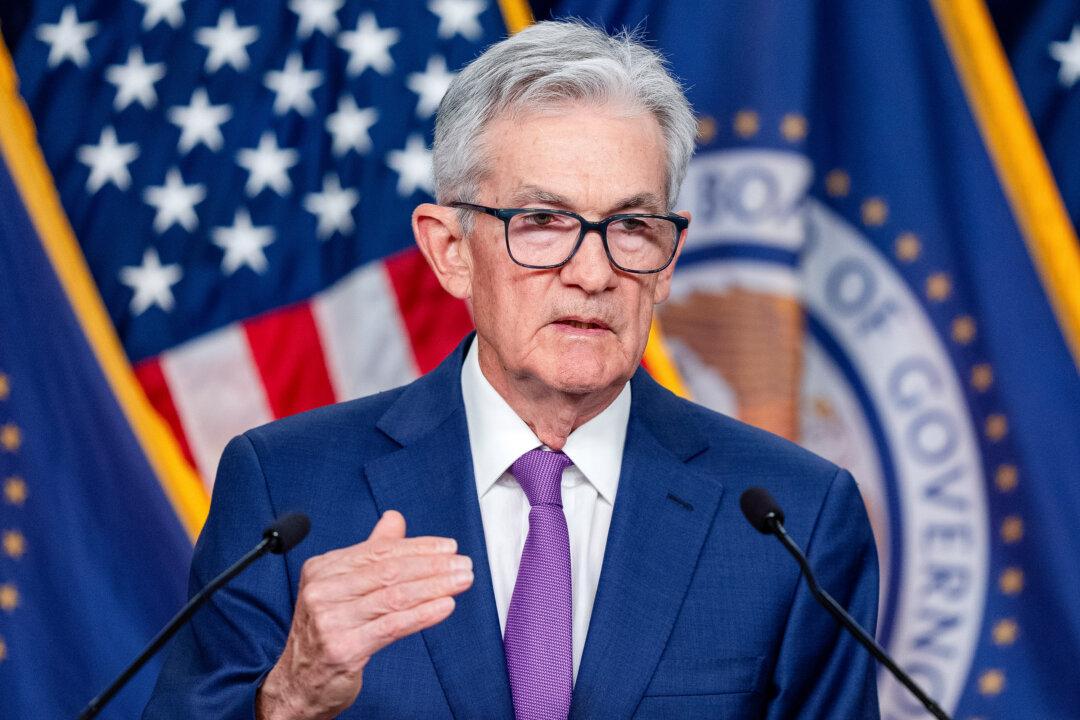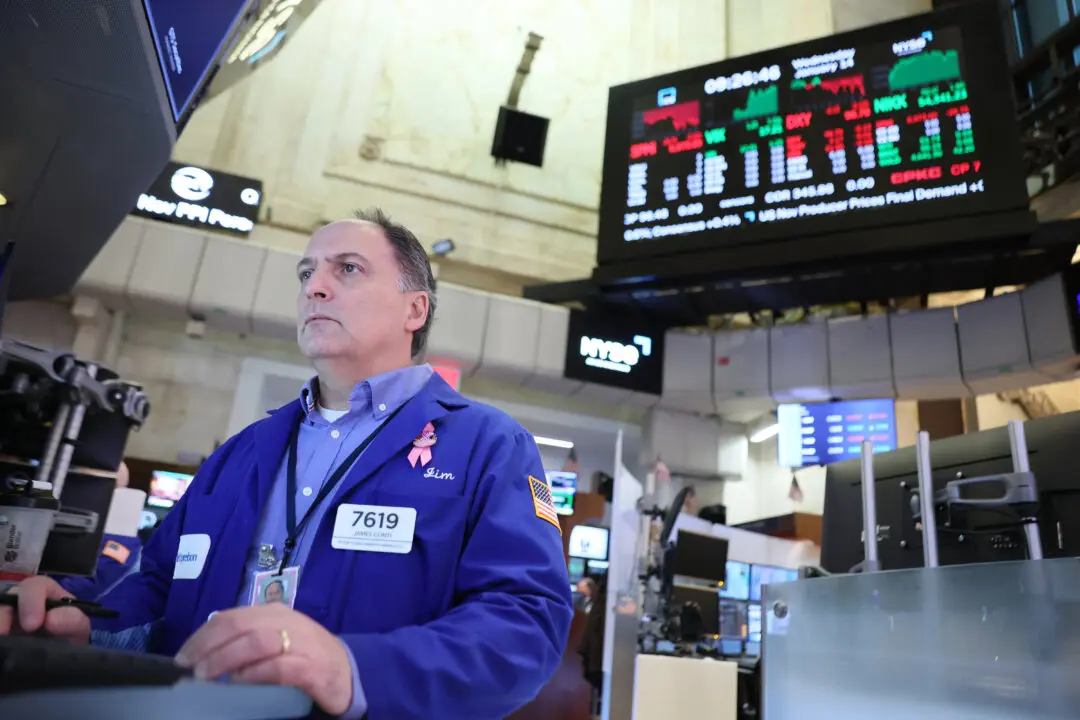Due to last Wednesday’s “hot” Consumer Price Index (CPI) release and a 10-year Treasury bond auction the same day, 10-year Treasury bond yields surged 20 basis points, from 4.36% to 4.56%. Due to this surge, it will be difficult for Fed Chairman Jerome Powell to achieve a consensus for a June rate cut. Thursday’s Producer Price Index (PPI) release was more moderate, so there is still some slim hope for a Fed rate cut in June. The European Central Bank (ECB) has already telegraphed a June rate cut, so if the Fed fails to follow suit, we can expect the U.S. dollar to continue rising. Actually, ECB President Christine Lagarde said that a “few” on the ECB Governing Council were ready to cut key interest rates last week, on Thursday, so a euro rate cut, likely by June, could come sooner. Previously, it was perceived that both the ECB and the Fed would coordinate their interest rate cuts in June. However, some Fed watchers now expect the Fed to wait until later, or make no cuts at all in 2024.

Federal Reserve Board Chair Jerome Powell speaks during a news conference about monetary policy at the Federal Reserve in Washington on Jan. 31, 2024. Alex Brandon/AP Photo
Commentary




